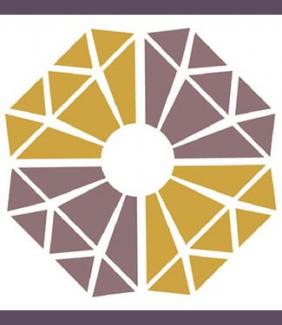The Violence Against Women Reauthorization Act of 2021 passed the House of Representatives on March 17. Thanks to the dedication of our colleagues, especially those from culturally- specific organizations and those in the LGBTQ community, this bill expands VAWA in an effort to address the complex realities of survivors’ lives. We applaud their efforts in getting some key changes included, such as increased funding for culturally-specific services, expanded non- discrimination protections for survivors of all genders, grants for services to LGBTQ survivors, support for alternative practices to the criminal system approach and restoring tribal jurisdiction over non-native perpetrators when they commit crimes on native lands.
While VAWA’s legacy spans 27 years, all its versions have relied upon and supported this country’s criminal legal system. In nearly three decades, we have seen the negative impact the criminal legal system has had on Black and brown survivors and communities. NRCDV is reflecting on this legacy and our role in it. Our colleague, Nan Stoops (Resonance Network and the Washington State Coalition Against Domestic Violence), shared her pointed reflections:
"There are many of us in the anti-violence movement (DV/SV) who are giving serious thought to the harms caused by the '94 Crime Bill and the Violence Against Women Act. While we understand that this round of VAWA reauthorization is moving forward, we continue to lift up a critical ‘cost-benefit’ analysis of VAWA which, even with improvements, will continue to ignore, fail and disproportionately punish WOC and trans survivors, sex workers, and BIPOC communities."
Over the years NRCDV has focused a great deal of its policy efforts on VAWA. We recognize that while VAWA has created critical services and responses for some survivors, many are not able to access these services or responses. In fact, for many, the responses have caused harm to them, their families, and their communities, while failing to meet critical needs such as economic stability, affordable housing, childcare, and transportation, to name a few. On this point, Leigh Goodmark offers:
"People increasingly recognize that criminal interventions often harm those who use violence and those who are victimized—and that those interventions reverberate beyond individuals and into their families and communities.” And further “...fear often motivates resistance to moving away from criminalization: What will happen if we no longer use the criminal legal system to arrest, prosecute, convict, and punish those who use violence? How will we deter violence? How will we protect people? Such doubts fail to appreciate how little the criminal system does to keep people safe or prevent violence. They fail to recognize the damage that system inflicts. Our continued reliance on criminalization stifles imagination and creativity. Most importantly, it sells a false sense of security, promising an end to violence that it does not and cannot deliver."
Today, we hold the complexity of our current context. We sit with nearly three decades of uneven progress and harmdoing. NRCDV recognizes that some survivors still rely on the criminal legal system while many others want help for their partners apart from carceral responses. We also sit under the weight of systems’ interventions that consistently punish survivors and implement strategies that cause great harm under the guise of protection. Today, we reflect on the many BIPOC survivors that languish in prison after enduring sexual assault, domestic violence, racism, transphobia, ableism and many other forms of oppression. Today we reckon with the aftermath of colonization and genocide.
In an effort to address this, NRCDV is intentionally expanding its policy efforts to focus on anti-violence work within a much larger context of social justice and progressive world- building. We are working to advance a policy agenda that will make meaningful change for Black and brown communities, trans and non-binary survivors, survivors with disabilities, immigrant survivors, and those most acutely traumatized and harmed by carceral systems and responses
We at NRCDV, believe that we are in a critical time for realignment and course correction. We promise to imagine and co-create solutions to gender-based and sexual violence that emerge from communities most impacted and address root causes. This is consistent with our values and the commitment we have made to the field, BIPOC survivors and others living on the margins.














